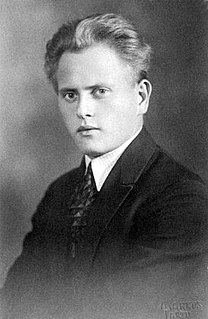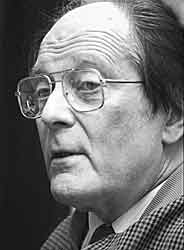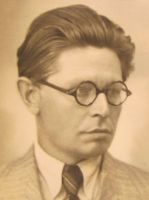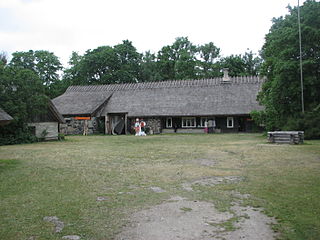 W
WElisabet "Betti" Alver, was one of Estonia's most notable poets. She was among the first generation to be educated in schools of an independent Estonia. She went to grammar school in Tartu.
 W
WAnna Haava was an Estonian poet, writer and translator in the late 19th and 20th centuries.
 W
WAugust Jakobson was an Estonian writer and politician. He was the only Estonian playwright among his contemporaries whose plays were untouched by Soviet censorship and reached other Soviet states. He has been described as the leading Stalinist in Soviet Estonian drama. In the 1960s his work was described as "ideologically militant".
 W
WJaan Kross was an Estonian writer. He was nominated several times for the Nobel Prize in Literature during the early 1990s. He won the 1995 International Nonino Prize in Italy.
 W
WErni Krusten was an Estonian writer. He was born Ernst Krustein in Muraste, Harku Parish, in a gardening family, and worked as a gardener himself.
 W
WOskar Luts was an Estonian writer and playwright.
 W
WJohannes Semper was an Estonian poet, writer, translator and politician.
 W
WJuhan Smuul was an Estonian writer. Until 1954 he used the given name Johannes Schmuul.
 W
WFriedebert Tuglas, born Friedebert Mihkelson or Michelson was an Estonian writer and critic who introduced Impressionism and Symbolism to Estonian literature. Persecuted by the authorities in the beginning of 20th century, he later became an acknowledged representative of Estonian literature in the Soviet era.
 W
WDebora Vaarandi was an Estonian writer, considered to be a leading literary figure in post-World War II Estonia.